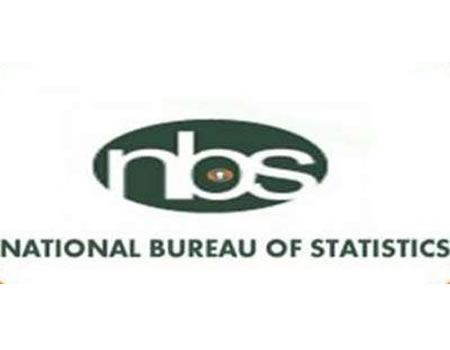
The Nigerian economy is growing slower than the growth rate of its population, the FSDH research has revealed.
According to the research by the FSDH Merchant Bank on ‘Final judgment on performance of the Nigerian economy: Implications’, it said this was an indication of growing poverty.
“This means that the economy is not expanding in such a way that can create enough job opportunities for the unemployed population, which the National Bureau of Statistics put at 21million as at Q3 2018,” it stated.
The FSDH research noted that ahead of the presidential election, the NBS released its final judgment on the performance of the Nigerian economy in 2018.
It said the report containing the judgment showed that the Nigerian economy had continued to recover. The economy expanded by 1.93 per cent in full year 2018, higher than 0.82 per cent recorded in 2017.
The report read, “The Nigerian economy is growing slower than the growth rate in its population, an indication of growing poverty! This means that the economy is not expanding in such a way that can create enough job opportunities for the unemployed population, which the NBS put at 21million as at Q3 2018.”
Although that was the sad reality, it added that there was a way out.
Nigeria could grow at above six per cent if appropriate policies and the will power to implement the policies were in place, it added.
“If you are searching sectors of the economy to start a business or to lend money to, you should be looking at the fastest growing or largest sectors of the economy,” the FSDH stated.
These were also the sectors where policymakers could easily achieve tangible results to show the impacts of their policies on the economy.
Such sectors usually commanded government’s attention and protection, it added.
It said, “The most influential sectors that drove performance in FY 2018 are: Information and communication; agriculture; manufacturing, transportation and storage, and mining and quarrying sectors.
“The five fastest growing sectors on average between Q1 2017 – Q4 2018 are electricity, gas, steam, and air conditioning supply; transportation and storage; water supply, sewage, waste management and remediation; information and communication and mining and quarrying.”
According to the report, the fragile recovery in the economy meant that additional policies which would fast-track economic activities in the country were urgently required.
This meant it would be a hard sell for the Central Bank of Nigeria to increase key interest rates in the country, it stated.
Increase in the key interest rates like Monetary Policy Rate, Cash Reserve Requirement and Liquidity Rate may not be in view in the short-term.

You may be interested

‘It Was A Fair Result’ — Troost-Ekong Reacts To Super Eagles Stalemate Vs Benin Republic
Webby - November 15, 2024Super Eagles captain William Troost-Ekong claimed the Super Eagles deserved a point from their 2025 Africa Cup of Nations qualifying…
Dikko Vows Full NSC Support For Nigerian Teams’ Continental Success
Webby - November 15, 2024National Sports Commission (NSC) Chairman, Shehu Dikko, has pledged the Commission’s commitment to support all Nigerian sports teams competing on…

Super Eagles Goalkeeper Nwabali Loses Father
Webby - November 15, 2024Super Eagles goalkeeper, Stanley Nwabali, has lost his father.Nwabali announced the death of his father on Instagram on Friday, November…





















![American Pastor, David Wilson Seen Eating The Box Of Woman Who Isn’t His Wife [Video]](https://onlinenigeria.com/wp-content/uploads/2019/10/american-pastor-david-wilson-seen-eating-the-box-of-woman-who-isnt-his-wife-video-150x150.jpg)









